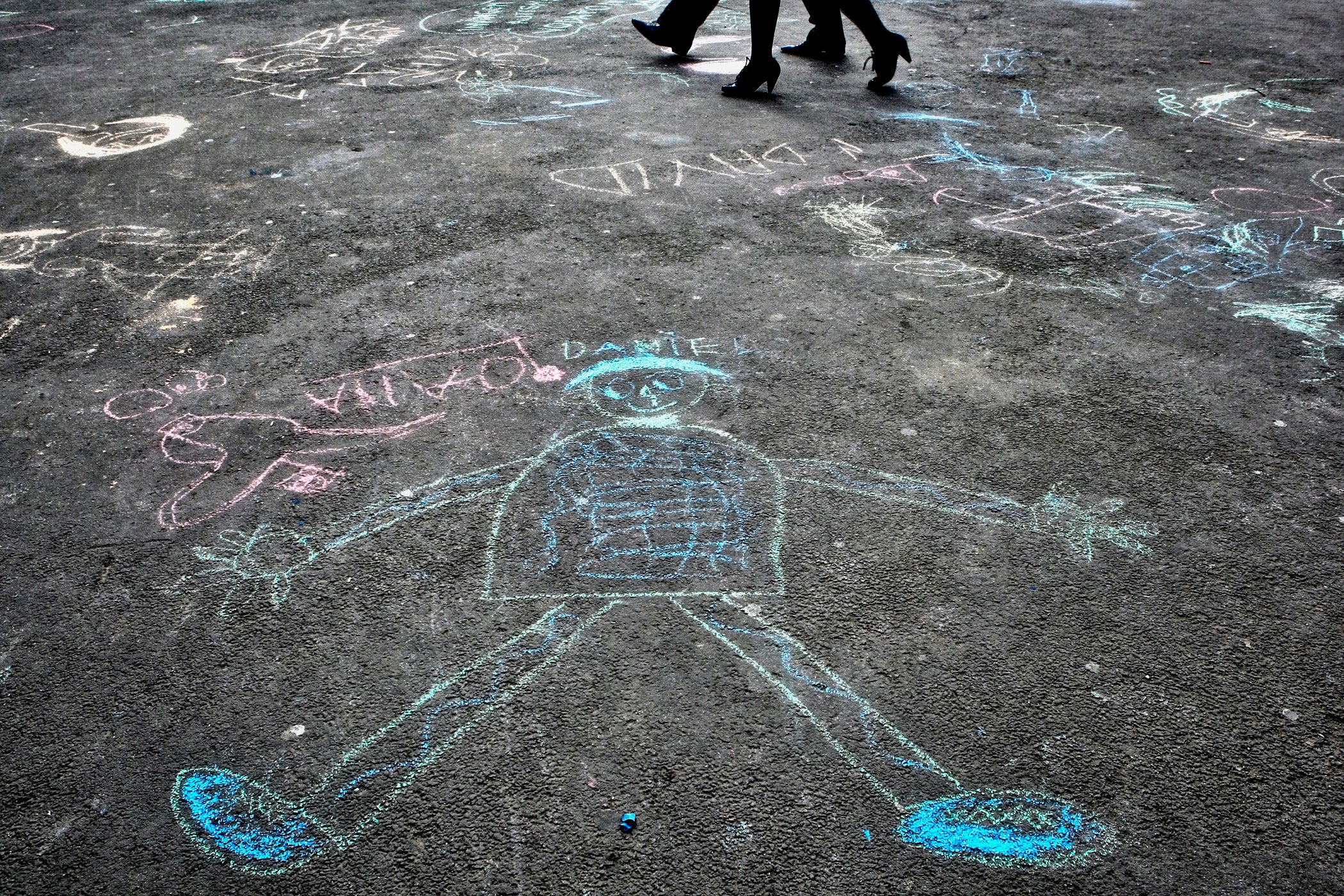Study: 'Sociability' hormone didn't help kids with autism
Children with autism showed no benefit from an experimental treatment made with a hormone thought to promote social bonding

Your support helps us to tell the story
From reproductive rights to climate change to Big Tech, The Independent is on the ground when the story is developing. Whether it's investigating the financials of Elon Musk's pro-Trump PAC or producing our latest documentary, 'The A Word', which shines a light on the American women fighting for reproductive rights, we know how important it is to parse out the facts from the messaging.
At such a critical moment in US history, we need reporters on the ground. Your donation allows us to keep sending journalists to speak to both sides of the story.
The Independent is trusted by Americans across the entire political spectrum. And unlike many other quality news outlets, we choose not to lock Americans out of our reporting and analysis with paywalls. We believe quality journalism should be available to everyone, paid for by those who can afford it.
Your support makes all the difference.Children with autism didn't benefit from an experimental therapy made with a hormone thought to promote social bonding, researchers reported Wednesday in the largest study of its kind.
“This is really a major setback," said Dr. Linmarie Sikich, a Duke University researcher who led the multi-site U.S. study published in the New England Journal of Medicine. “We were really hoping to find a benefit and just couldn’t see it anywhere."
The U.S. government-funded study used a synthetic form of oxytocin, a hormone made in the brain that stimulates uterus contractions and helps mothers bond with their newborns.
Experiments in mice have suggested the hormone may promote sociability, and small studies have hinted that it might have similar effects in children with autism, who often struggle with social interaction.
Nearly 300 children with autism initially enrolled, and 250 of them completed the six-month study. The kids, ages 3 to 17, received daily squirts of nasal spray containing oxytocin or an inactive ingredient for seven weeks, with gradual dose increases after that. The dose could be maintained or reduced if requested.
Small behavior improvements occurred in both groups, but they had no meaningful impact, Vikich said. Separate analyses showed no difference in outcome in kids with mild or severe autism, she said.
One patient in the oxytocin group had a serious side effect thought to be caused by the hormone — sedation while driving that led to a car accident. Otherwise there were no major safety concerns in the hormone and placebo groups.
About 1 in 54 U.S. children have autism, according to the Centers for Disease Control and Prevention Behavior therapy is the most effective treatment.
Oxytocin is a naturally occurring hormone and chemical messenger. It is best known for its role in triggering labor and the release of breast milk in women. Synthetic oxytocin is sometimes given to pregnant women by IV to induce labor.
Based on the early research findings, some doctors began prescribing it for children with autism. Some promoters call it “the love hormone” and it is sold online in potions and pills as a mood and relationship booster.
Larry Young, an Emory University scientist who does animal research with oxytocin, said it’s too soon to give up on it for treating autism. He said the hormone is better understood today than when the study began nearly eight years ago.
“It makes the social world around us more vibrant in our brain, so we pay attention to it," Young said.
He likened the potential effect in people with autism to removing frost from a windshield that prevents them from reading social cues and emotions.
Without accompanying behavior therapy or guidance, however, that effect could be negative, he said. He cited a hypothetical example in which a child with autism gets a squirt of oxytocin each morning and starts paying more attention to other kids on the school bus. What if the enhanced attention helps the child realize that the kids are being mean and bullying?
“This is a very important study because it does say that just willy-nilly giving daily administrations of oxytocin is not going to lead to improvement," Young said. “Hopefully physicians and parents will learn from this and say this is not something we give as a vitamin” without other treatment.
Joyce Galaverna’s son was 13 when he enrolled in the study in 2015. He tolerated the treatments but his behavior showed no improvement.
“The irritability and anxiety levels pretty much stayed the same throughout the study," she said.
The North Carolina family never learned if he had received oxytocin or the placebo.
While the study outcome was a disappointment, Galaverna said her son, Andre, did improve after puberty pangs eased and he enrolled in a nurturing private school. He finished high school in June and now has a part-time job.
University of Virginia autism researcher Kevin Pelphrey said other studies have shown that giving oxytocin by nose may lead to changes in brain regions involved in social behavior. He said the study’s use of a behavior checklist to assess the hormone's effectiveness may have limited its findings.
Brain-based measures could be helpful in determining which kids might respond best to the hormone, he said.
“There is still much work to be done in the area of understanding how oxytocin might be utilized to improve social function in kids with autism," Pelphrey said.
___
Follow AP Medical Writer Lindsey Tanner at @LindseyTanner.
___
The Associated Press Health and Science Department receives support from the Howard Hughes Medical Institute’s Department of Science Education. The AP is solely responsible for all content.